Relive the best moments of the Apsara Conference 2019 at https://www.alibabacloud.com/apsara-conference-2019.
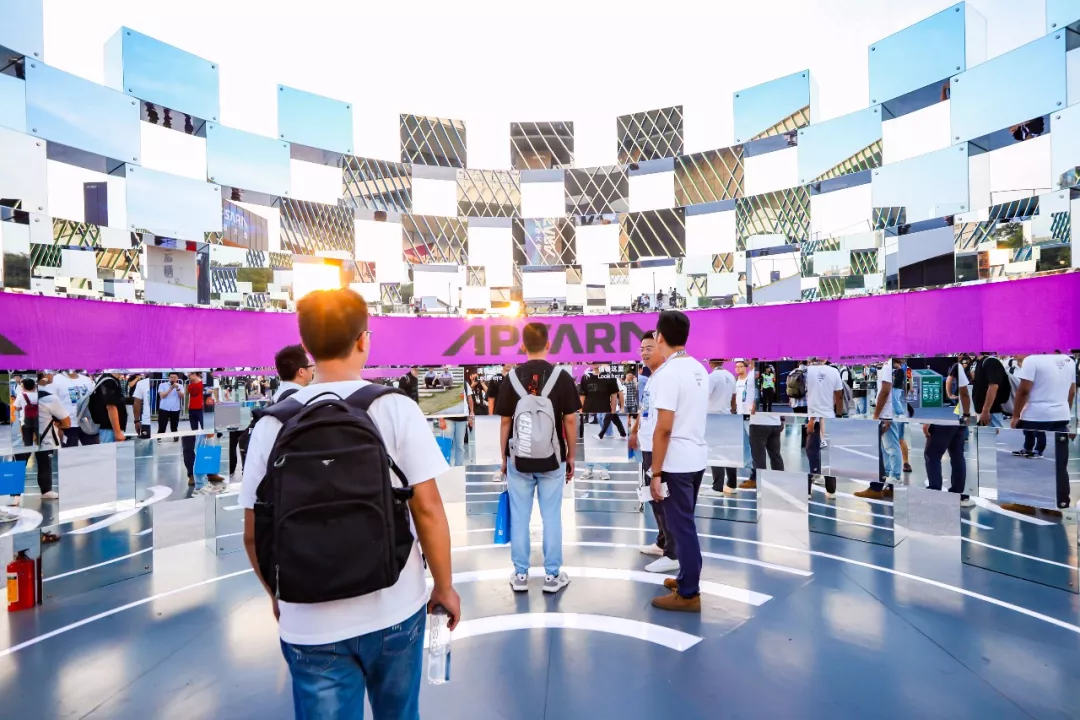
Today is the second day of Apsara Conference 2019. A team of featured speakers from Alibaba Cloud will continue to dazzle audiences with the latest technological innovations from Alibaba-innovations that will change how we do practically everything.
Speakers include:
Yangqing Jia, Vice President of Alibaba Group, General Manager and Senior Fellow of Computing Platform BU, Alibaba Cloud Intelligence.
Feifei Li, Vice President of Alibaba Group, General Manager and Senior Fellow of Database Products BU, Alibaba Cloud Intelligence.
Jiangwei Jiang, Alibaba Partner, General Manager and Fellow of Infrastructure Products BU, Alibaba Cloud Intelligence.
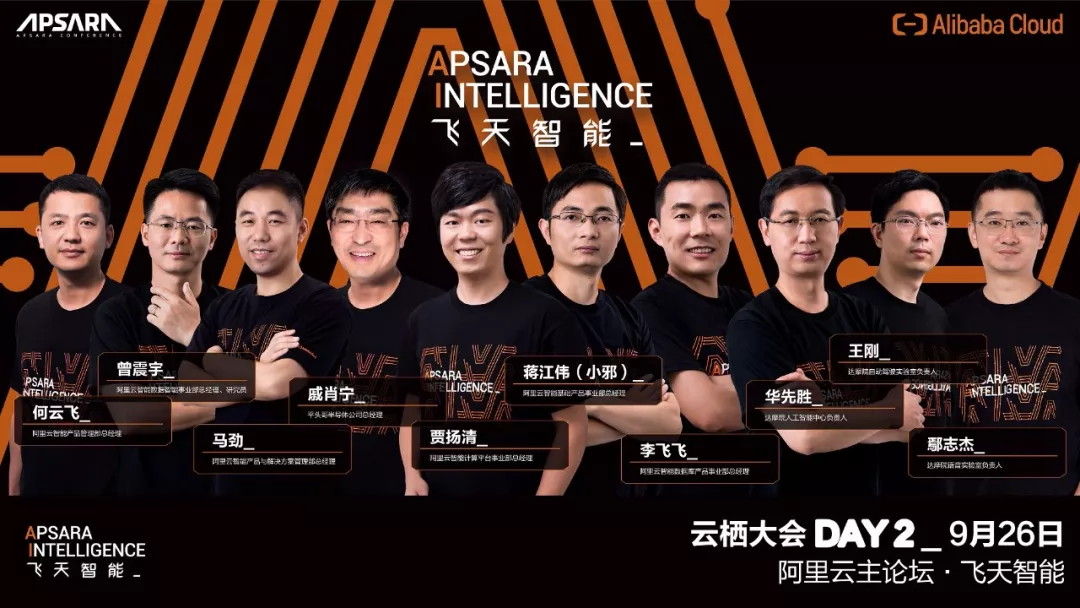
Amid all the news and announcements to be presented on this day, here are some of the highlights you won't want to miss.
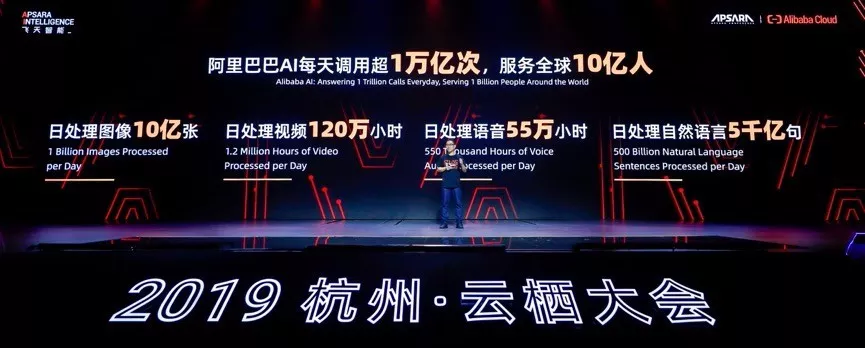
Alibaba announces that its Apsara AI Platform answers more than 1 trillion calls, processing 1 billion images, 1.2 million hours of videos, 550 thousand hours of voice messages, and 500 billion natural language sentences all in just a single day. The service serves one billion customers worldwide, it goes without saying that Alibaba has become the largest artificial intelligence company in China.
Alibaba will also take the opportunity to announce its industry-leading advancements in AI chips, cloud-based AI services, AI algorithms, AI platforms, and industrial AI.
T-head is the research unit who lead the development of chips for cloud computing under Alibaba Group. Hanguang 800 is the latest chip to be introduced as the world's most advanced and powerful AI inference chip. Every one of the chips developed by this unit provides the computing power of ten GPU chips, dramatically accelerating machine learning tasks. Currently, the chip is already being used internally at Alibaba in various business scenarios. In the past, it would usually take Taobao around an hour to categorize about one billion images uploaded by merchants every day and prepare them for search and personalized recommendations. However, with Hanguang 800, it now only takes five minutes to complete the same thing.
Globally ranked as a top-three cloud service provider and the number one in Asia Pacific, Alibaba Cloud has built the largest and most comprehensive artificial intelligence cluster in Asia. It also provides robust support for the AI industry though public cloud services using GPUs, FPGAs, NPUs, CPUs, SCCs, and the 3rd Generation X-Dragon Architecture. Alibaba Cloud has recently completed the integration of approximately ten thousand GPU chips to provide extra support for one of the most popular mobile apps in China.
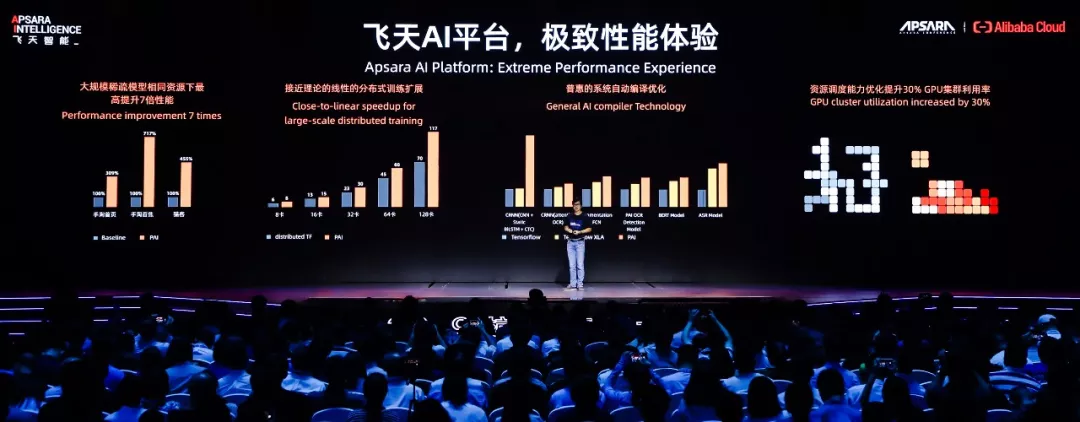
The Apsara AI Platform, Apsara Big Data Platform, and AIoT (Artificial Intelligence of Things) Platform have significantly lowered the industry requirements for AI development. Apsara AI Platform is the first commercialized, cloud-based machine learning platform in China that offers support for classical algorithms. This platform is able to process tens of billions of features and 100 billion training samples. In terms of training, this platform reduces training costs by 35%, improving the speed of training by 400% across various scenarios. It also supports visual modeling and provides development experiences that are close to native development.
Since its establishment two years ago, Alibaba DAMO Academy has received more than 40 world-firsts in the fields of natural language processing, intelligent speech, and visual computing. It has designed the first MRC (machine reading comprehension) model to exceed human-level performance on the Stanford Question Answering Dataset (SQuAD). AliMe, is another prime example of an AI assistant that has been selected as one of the 10 Breakthrough Technologies of 2019 by MIT Technology Review. Its most interesting feature is its incorporation of visual computing technology that has proven instrumental in identifying more than one million physical entities.
Alibaba Artificial Intelligence has established a virtuous cycle where technological innovations and business development are closely related and promote each other, said Jinrong Ren, Machine Intelligence Lab Director at Alibaba DAMO Academy.
At present, Alibaba has more than 10 IEEE fellows, over 30 renowned professors, and 30 national or provincial 1,000 talents plan awardees, with Alibaba-supported faculty members being among the best and brightest industry professionals, having published over 450 papers at world-class academic conferences.
Meanwhile, Alibaba is confident that the innovation they can deliver is the future and they will continue to invest more in research and development. As a highly respected voice among the world's leading technology companies, Alibaba is one of the only companies that has consciously decided to break away from standard conventions and where R&D personnel make up more than half of its employees. According to external sources such as PwC, Alibaba's R&D investment is ranked number one among Chinese listed companies for three consecutive years.
In the 1950s, the invention of shipping containers shortened the average freight shipping time by 85%. Sixty years later at Apsara Conference 2019, Alibaba Cloud's X-Dragon Architecture redefines the performance of cloud computing in the way that containers changed freight transportation forever.
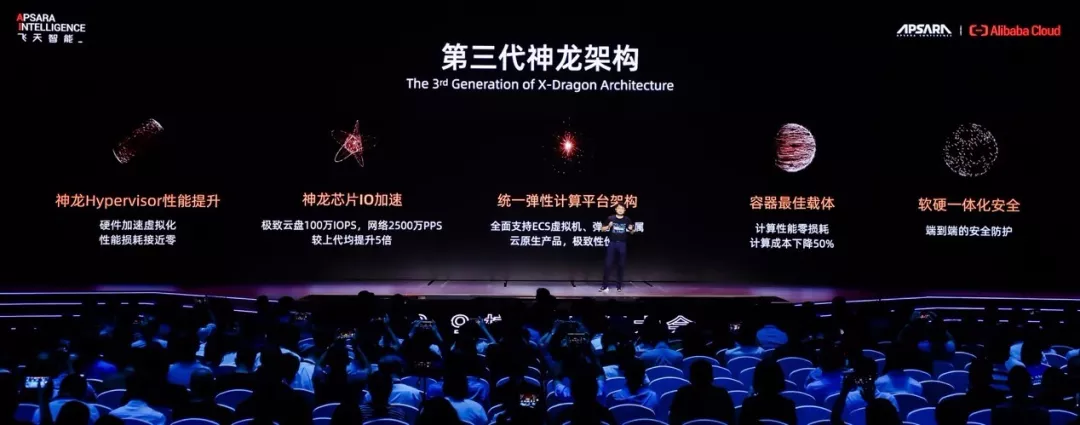
Alibaba Cloud launched the third-generation of home-grown X-Dragon architecture, which now fully supports Alibaba Cloud's ECS servers, ECS bare metal servers, and cloud-native containers. The architecture is implemented across the entire IaaS computing platform, and provides a five-fold performance increase in IOPS and PPS, enabling users of cloud to fully harness all the resources and computing power offered by physical servers.
Virtualization brings a revolution to cloud computing. Its greatest strength is elastic computing and greatest weakness is performance loss. With that said, if the issue of performance is not addressed, we will soon begin to experience stagnation in the cloud computing industry.
"After a decade of research and development, Alibaba Cloud has finally broken through the growth ceiling and found a new direction." said Jiangwei Jiang, General Manager of Infrastructure Products BU, Alibaba Cloud Intelligence. Since the launch of the first generation X-Dragon architecture in 2017, Alibaba Cloud has made huge strides, managing to dispel the performance constraints of virtualization. The new architecture re-engineers the infrastructure of cloud computing and makes full use of the high levels of performance that is offered by physical servers.
After the transitions of software virtualization, hardware virtualization, and chip virtualization, the third-generation of X-Dragon Architecture arises as a consolidated architecture for integrating with Alibaba Cloud's ECS servers and ECS bare metal servers, along with other computing platforms. This unified and dynamic architecture is better able to satisfy more practical applications while providing users with highly reliable and elastic resources.
Moreover, Alibaba Cloud also released the 6th-generation of ECS instance, which is based on the X-Dragon architecture. This generation of ECS instance delivers a 20% improvement in computing power, 30% reduction in memory-based latency, and 70% reduction in enhanced SSD latency. It is often no surprise that these increases in performance usually require extensive software/hardware upgrades and higher costs. However, our customers can revel in the fact that products based on the new architecture offer price reductions of up to 58%.
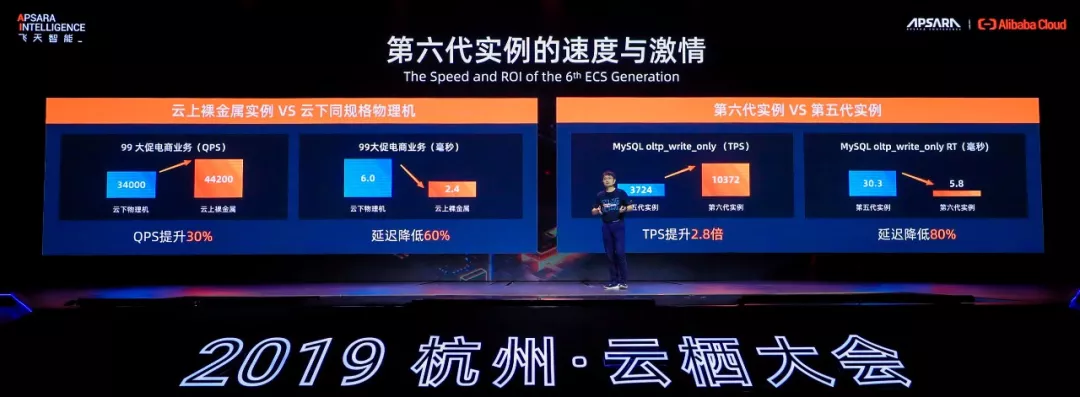
The X-Dragon architecture is highly compatible with cloud native products. With I/O acceleration, containerized products with features such as efficient scheduling and automatic scaling can reduce computing costs by 50%, offering higher performance than physical servers.
Just as containers changed the pattern of globalization, the X-Dragon architecture and other innovative technologies are reshaping the technological landscape of cloud computing. Alibaba offers a wide variety of application scenarios, to which Alibaba Cloud can apply the outcomes of years of R&D and optimize its product lines.
"In the next phase, upgrades to the latest X-Dragon architecture will be rolled out to millions of Alibaba Cloud servers around the world." Jiangwei Jiang said. Within Alibaba Group, the X-Dragon architecture is immensely popular and already widely used in Taobao, Tmall, and Cainiao to address performance bottlenecks during peak hours.
On September 26th, Alibaba Cloud announced the general availability of POLARDB BOX, a high performance all-in-one database service that supports on-premises deployment. The service supports easy-to-use migration features for traditional databases such as Oracle and saves migration costs by up to 95%. It is suitable for industries such as government and public services, transportation, shipping, and finance.
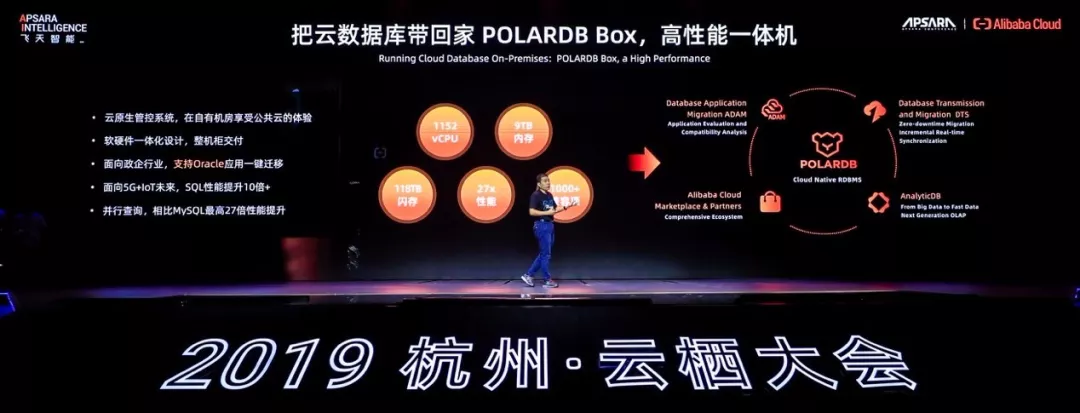
"POLARDB BOX is a next generation product that blurs the boundary between cloud databases and on-premises data centers," said Li Feifei, General Manager of Database Products BU, Alibaba Cloud Intelligence. Alibaba Cloud aims to make it easy to manage cloud native databases in on-premises data centers.
At the conference, POLARDB BOX processed a query on 2.5 billion records of four-dimensional flight data from VariFlight and returned the result within several milliseconds. If each data record were one centimeter in length, the combined length of all data records would be four times the equatorial circumference of the earth. Previously, it required several systems to coordinate and render four-dimensional space-time data in real time. With POLARB BOX, its unique Ganos space-time SQL engine can single-handedly complete the task, eliminating the need to perform many operations across multiple systems.
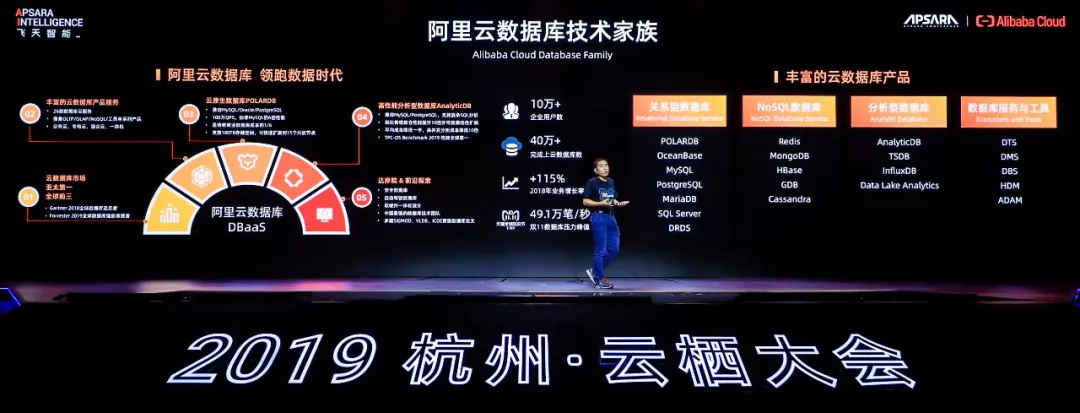
Moreover, to meet the needs for mass storage in the digital era, POLARDB BOX provides the following features:
POLARDB is a cloud native database launched by Alibaba Cloud in 2018. It features fast scalability, large capacity, and high reliability, and costs only one-sixth of traditional databases. Currently, around 400,000 databases have been migrated to Alibaba Cloud, covering leading enterprises in the fields of finance, telecommunications, manufacturing, and logistics.
The revenue of cloud databases is rapidly growing while traditional databases are losing money. It is estimated that by 2022, three-quarters of databases will be deployed or migrated to the cloud. The release of POLARDB BOX promotes the acceptance of technological changes brought by cloud native databases, while helping to speed up the migration process.
On September 26, Alibaba Cloud announced a number of advancements made by City Brain in the past three years: 23 cities around the world have adopted the platform, covering 48 scenarios in 11 fields, including transportation, urban management, cultural tourism, and public health. City Brain, having been first implemented in Hangzhou, has become the key driving force to transform Hangzhou into the "First City of China's Digital Economy".
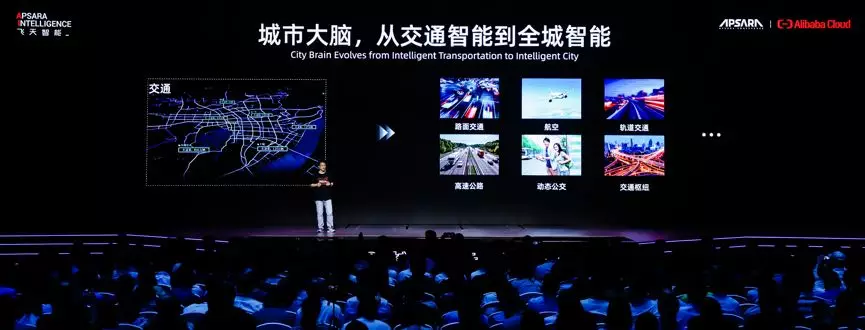
On the same day, Alibaba Cloud also announced a new cooperation agreement with Hangzhou Xiaoshan International Airport. City Brain will help the airport schedule and control a full range of tasks, such as take-off and landing, boarding and disembarking, baggage handling, fueling, catering arrangement, aircraft maintenance, and cabin cleaning.
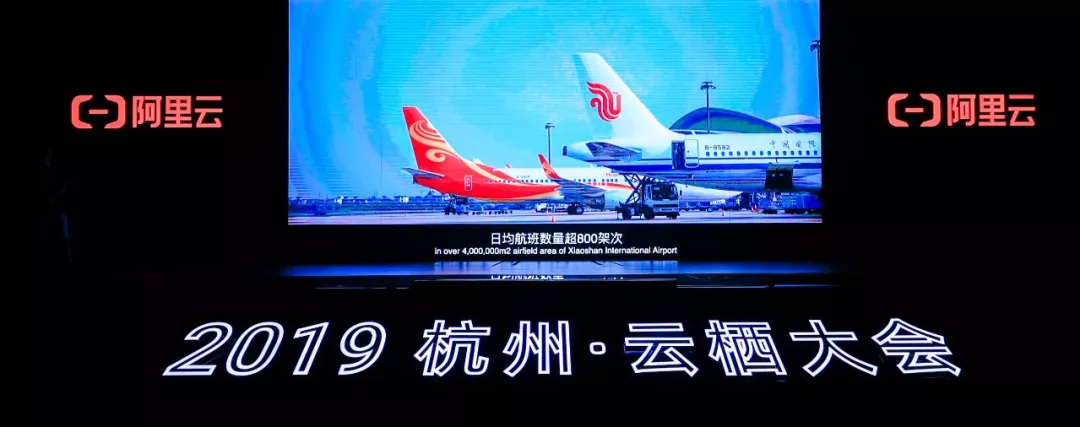
In the future, City Brain will integrate data gathered from separate city departments with data collected from the airport to facilitate operations scheduling. This will range from package delivery to collaboration with high-speed rail stations, and is specifically aimed to eliminate time and resource waste caused by inaccurate scheduling.
First released at the Apsara Conference three years ago, City Brain promotes more efficient urban management in various ways. Starting from Shixin Road in XiaoShan District, we are witnessing a rise in the number of small and positive changes that are taking place. Consider the following:
4.6 minutes: The average travel time on the 22-kilometer-long Zhonghe-Shangtang overpass has been reduced by 4.6 minutes.
2.6 seconds: The average time to pass a toll gate without boom barriers.
12 times: The first city to impose flexible traffic restrictions on non-local vehicles.
30 seconds: The average time to check in or check out of hotels.
20 seconds: The average time to enter parks with the digital park pass.
1 hour: The average wait time to see a doctor has been reduced by one hour.
7 minutes: The average ambulance travel time has been reduced by 7 minutes.
Of course, more new changes are on the way!

2,599 posts | 768 followers
Followdigoal - May 28, 2019
Alibaba Cloud Community - July 25, 2022
Alibaba Clouder - October 28, 2019
Alibaba Clouder - June 29, 2020
Alibaba Clouder - September 26, 2019
Alibaba Clouder - December 6, 2016

2,599 posts | 768 followers
Follow ECS(Elastic Compute Service)
ECS(Elastic Compute Service)
Elastic and secure virtual cloud servers to cater all your cloud hosting needs.
Learn More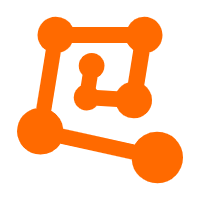 Platform For AI
Platform For AI
A platform that provides enterprise-level data modeling services based on machine learning algorithms to quickly meet your needs for data-driven operations.
Learn More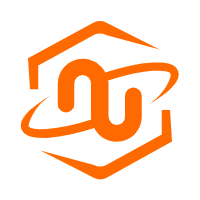 ECS Bare Metal Instance
ECS Bare Metal Instance
An elastic and horizontally scalable high-performance computing service providing the same computing performance as traditional physical servers including physical isolation.
Learn MoreMore Posts by Alibaba Clouder
Start building with 50+ products and up to 12 months usage for Elastic Compute Service
Get Started for Free Get Started for Free
5643507084102949 December 4, 2020 at 12:23 pm
Following the topic i can suggest you additional information regarding cloud services, should be interesting!https://os-system.com/blog/cloud-computing-compare-iaas-vs-paas-vs-saas-meaning-examples-differences/